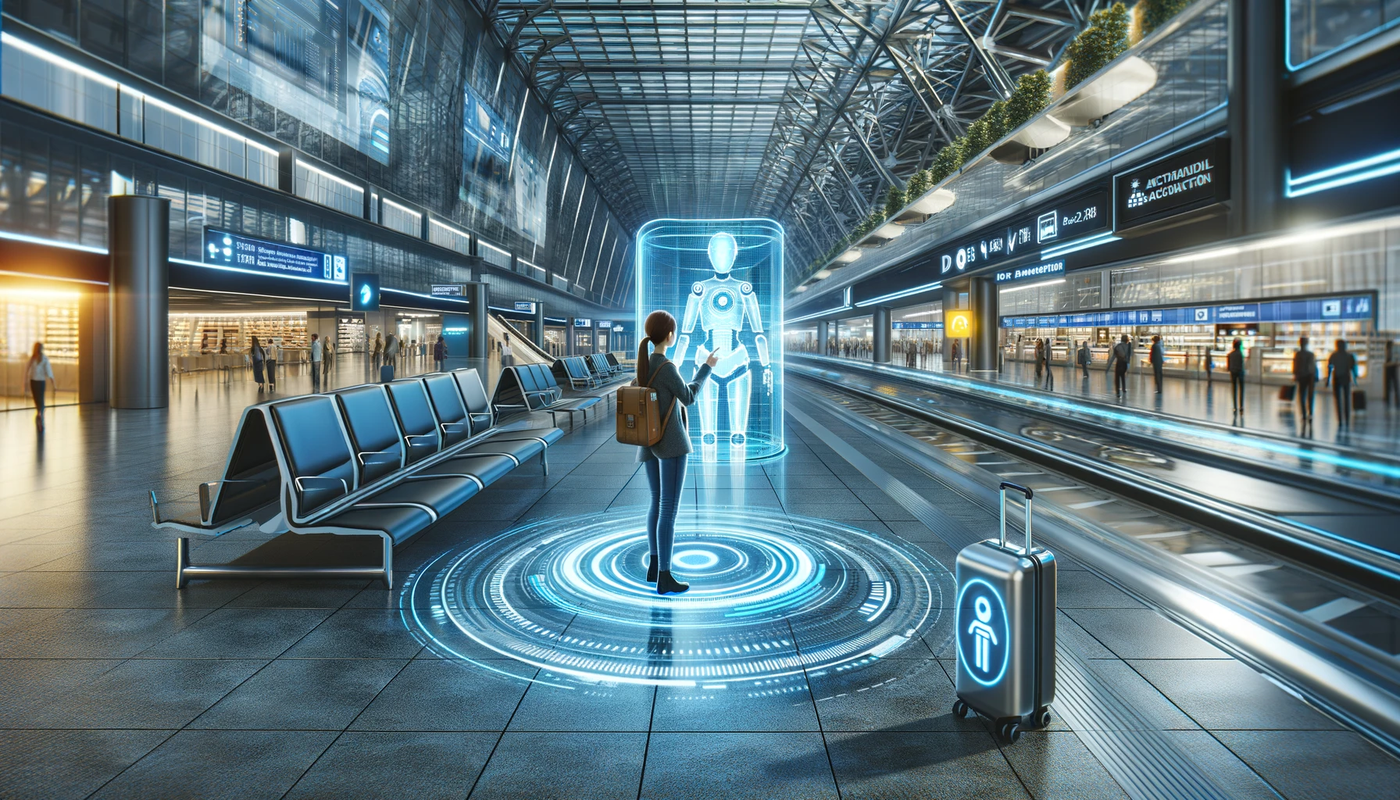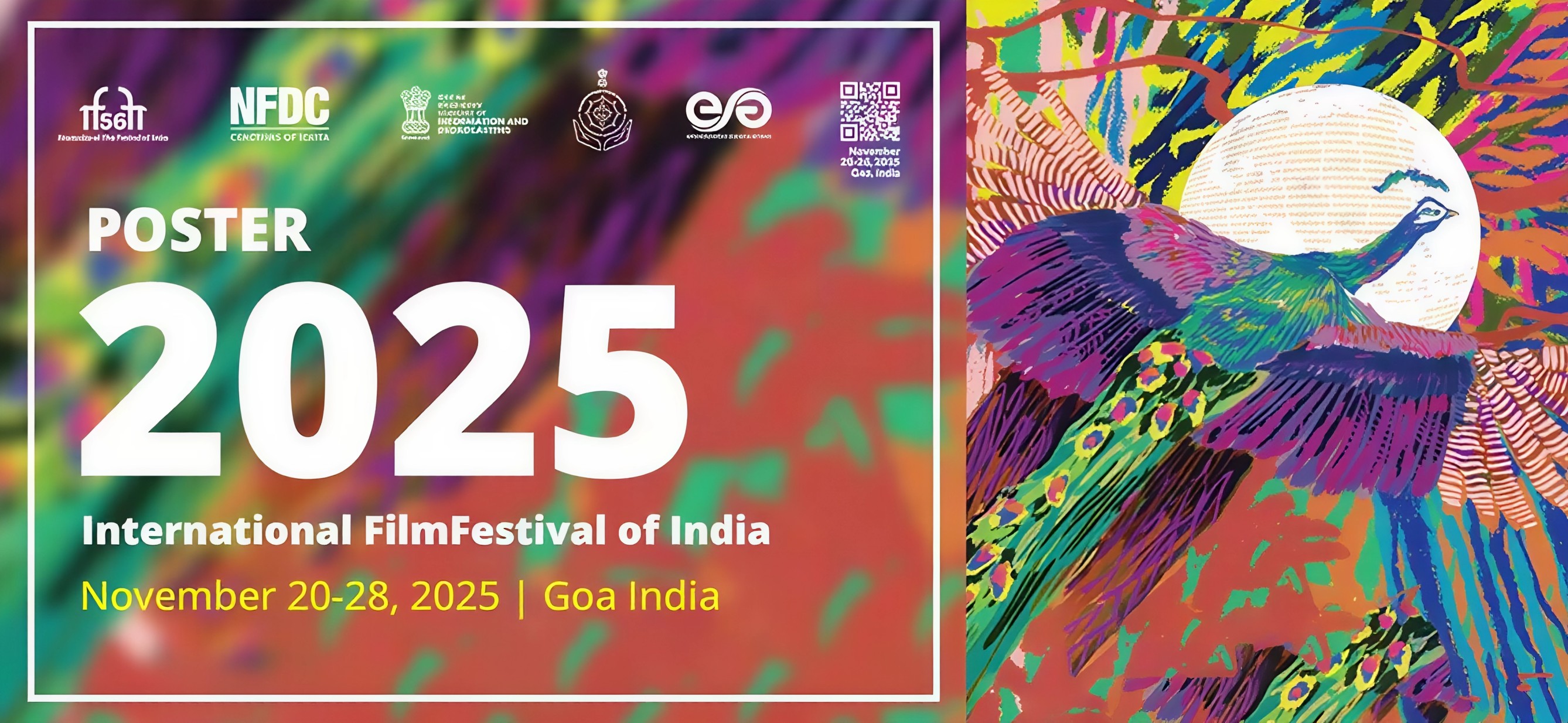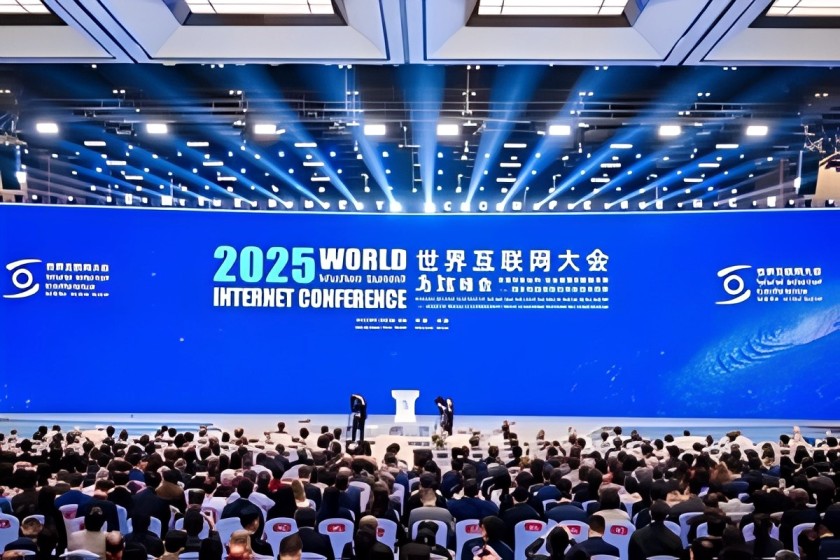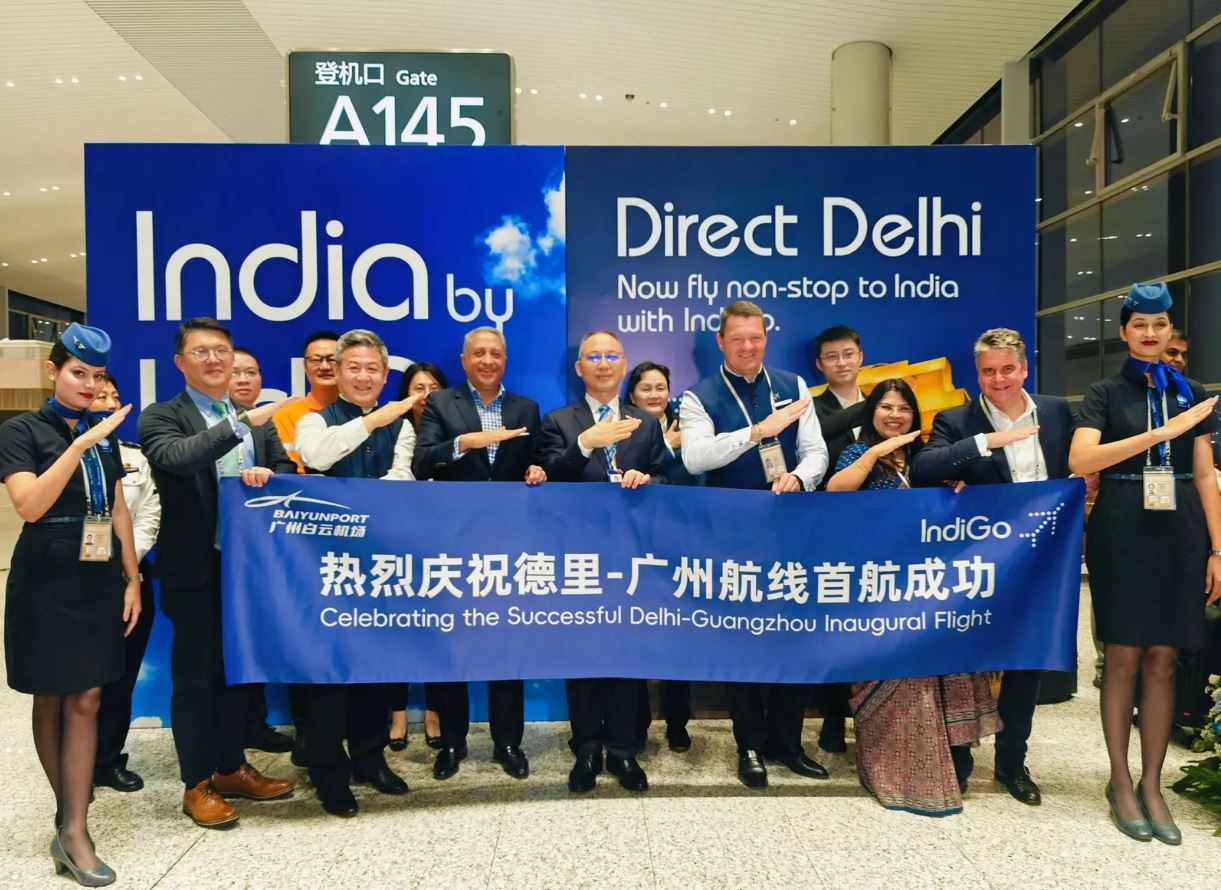As per a report by the consulting firm McKinsey, travel is evolving. Ever since AI has become a buzzword in the tech industry, its cascading effect on service sectors like travel and hospitality is undeniable. 'Revenge' travel, is a term that emerged from the surge of tourists, who were ready to explore all corners of the world, post-COVID-19. Throngs of travel influencers began posting their travel escapades on platforms like Instagram and YouTube.
There seems to be an increased focus on enhancing the 'experience' provided to the travellers. Whether it's food, culture, or exploring sites other than usual touristy spots, the focus is to make travelling an enriching experience that is rooted in authenticity and appreciation for the destinations. Travellers crave the freedom to explore at leisure and be exposed to unique aspects of a place. Hence the focus on employing AI in the travel industry broadly rests upon:
Improving Customer 'Journeys'
AI is set to change the travel industry by making the planning and execution, simple. Need an itinerary for a city? Just ask ChatGPT. From choosing destinations and booking accommodations to planning, AI can organise the entire travel discovery process. This promises to address the challenges in the industry, such as ensuring timely flights, managing baggage, and guaranteeing the availability of hotel rooms as per customer expectations.
Personalisation at Scale
Travel and hospitality are inherently personal industries, and AI can help tailor experiences to individual preferences. By analyzing historical data and customer behaviour, AI can deliver personalized recommendations and offers. This level of personalisation, which has been difficult to achieve manually, can enhance customer satisfaction and loyalty.
Current AI Applications in the Travel Industry
Operational Efficiencies
AI has long been used in optimizing schedules and resource allocation in the travel industry. For instance, airlines and hotels use AI to manage schedules, allocate rooms, and deploy staff efficiently. These applications are becoming increasingly sophisticated, ensuring that operational promises made to customers are consistently met.
The Value of Gen AI in Travel
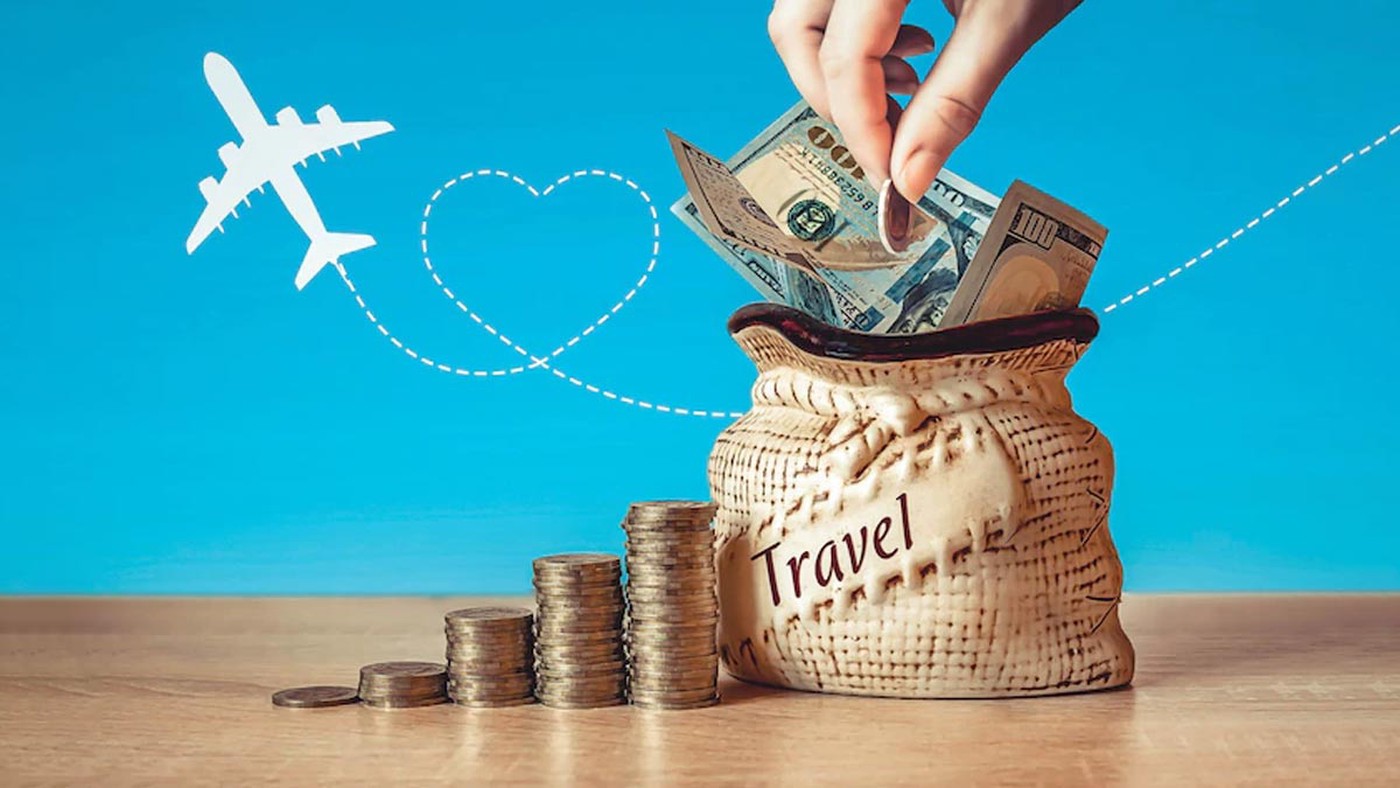
Economic Impact
Generative AI is expected to unlock significant economic value across various sectors, including travel. Estimates suggest that Gen AI could generate between $2 trillion and $4 trillion in incremental value, attracting substantial capital investment and driving innovation in the travel industry.
Practical Applications

AI can transform the travel booking process by making it more interactive and personalized. For example, customers can receive tailored travel itineraries based on their preferences and past behaviors, reducing the time and effort required to plan a trip. This capability extends to in-trip experiences as well, where AI can enhance customer service by providing relevant information and support through preferred communication channels.
AI Will Replace Human Interactions?

There is always a concern that AI could replace all human jobs of the future. But in the travel industry, AI is more likely to enhance the roles of frontline employees. AI can provide flight attendants and hotel staff with valuable insights into customer preferences, enabling them to offer more personalized and efficient service. This symbiotic relationship between AI and human workers can improve overall customer satisfaction. Moreover, using AR and VR to train employees for real-life customer guidance and assurance can be a fruitful training method.
Future of Travel with AI

The desire for physical travel remains strong even with the advancement in virtual travel. AI can help maintain the magic of travelling across the globe with hyper-personalised experiences, discovering newer offbeat destinations and enhancing customer 'moments of truth' for the hospitality industry. For example, hotel staff equipped with AI insights can greet returning guests with personalised offers and amenities, creating a sense of recognition and appreciation. AI can also help make travel sustainable by adopting strict adherence guidelines to waste management etc.
Will AI be embraced by Travellers across the Globe?

AI is set to play a transformative role in the travel industry, driving both operational efficiencies and personalised customer experiences. As travel continues to grow, leveraging AI and Gen AI will be crucial for meeting customer expectations and maintaining competitive advantage. The future of travel lies in the seamless integration of AI technologies, ensuring that every journey is as enjoyable and stress-free as possible. What remains to be seen is the adoptability by customers and how to tread the space between automation and authenticity of travel experiences.

